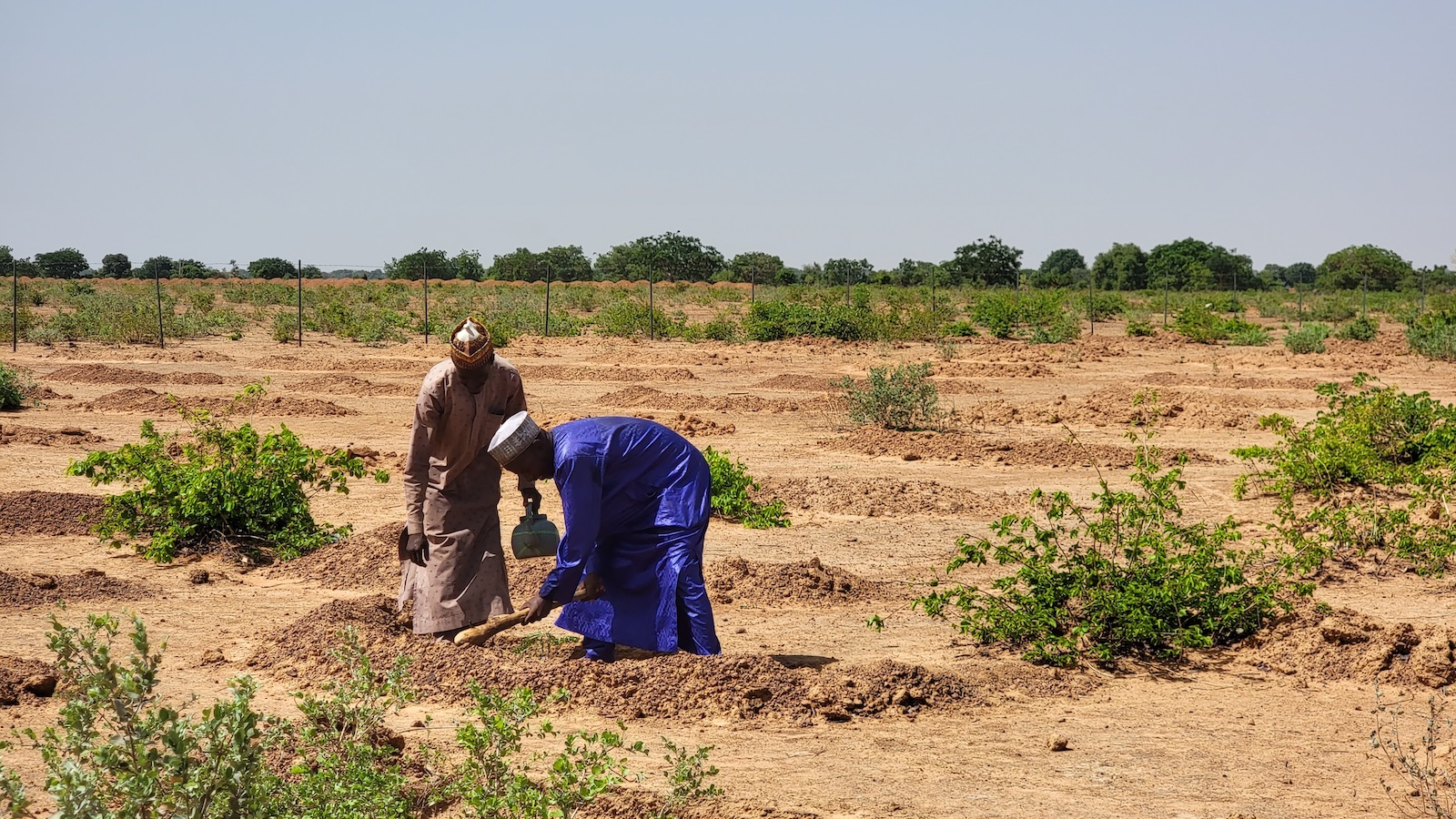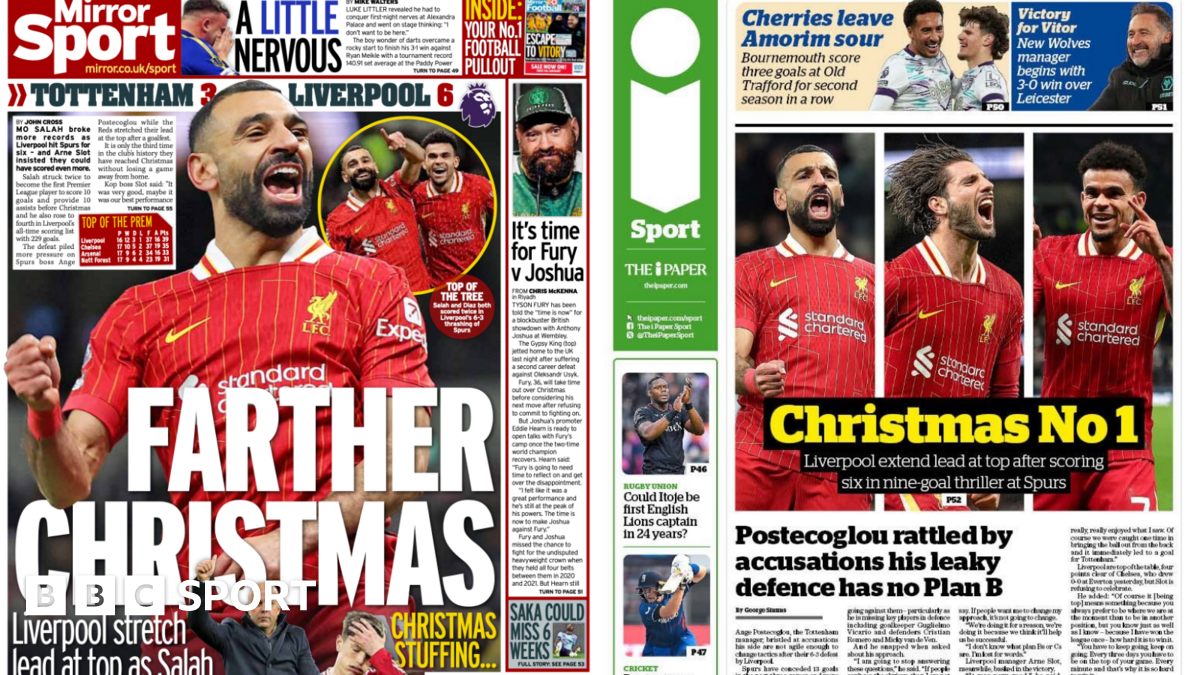World
Florida State Scores Key Win Tuesday At 2024 College World Series Before Rain Washes Out Nightcap

Image credit:
James Tibbs III (Tom Priddy/Four Seam Images)
Tuesday was supposed to feature a pair of elimination games at the College World Series, setting up the bracket finals. Florida State beat North Carolina, 9-5, in the first game of the day, but impending storms led the nightcap between Florida and Kentucky to be postponed until Wednesday morning.
With the win, Florida State advances to the bracket final to play Tennessee. The Seminoles will have to beat the Volunteers twice to advance to the championship series. Texas A&M is still awaiting its opponent in the bracket final, but it will take on either Florida or Kentucky on Wednesday night.
1. The CWS has been dominated by pitching through the first nine games. Just five times in the event has a team scored more than five runs – and all five instances have been Florida State or Tennessee.
The Seminoles’ offense was back at it Tuesday, plating nine runs against the Tar Heels. It was the most runs UNC had allowed in the NCAA Tournament and was just the seventh time in 64 games this season that UNC gave up at least nine runs.
Florida State has a powerful offense – its averaging 9.02 runs per game, 12th most nationally. In outfielder James Tibbs III and third baseman Cam Smith, it has two players who could be drafted in the top 15 picks next month. The lineup runs deep beyond that duo – Jaime Ferrer has 22 home runs, Max Williams is a dynamic threat at the top of the lineup and Marco Dinges has an OPS of 1.006.
But the way the Seminoles are hitting against some of the best pitching staffs in the country in a ballpark that has skewed pitcher friendly most of the week has been impressive.
“We have a nice mix of left-, right-handed hitters,” coach Link Jarrett said. “I don’t think it’s easy to game plan and match up when we stagger it the way we do. There’s length in the lineup.
“It was a combination of everything today. That’s really been our story all year. We have a lot of different ways that we can be a good offensive team.”
Against North Carolina, which ranks 15th nationally in ERA (4.30), Florida State pounded out 14 hits and drew nine walks. Playing its third game in five days, UNC of course was digging deeper into its pitching staff, but the Seminoles were still well prepared for what was thrown at them. Jarrett said pitching coach Micah Posey finished working up the scouting report at 2 a.m. Tuesday morning.
Florida State largely did it without the benefit of the big hit. Three of its 14 hits went for extra bases, including two solo home runs in the ninth inning. Before then, it had just a fifth-inning double from Tibbs and a bunch of singles. It was a collective effort to string together quality at-bats, which the Seminoles have worked to get to throughout the season.
“I think we’ve done a better job as an offense kind of putting together better at-bats,” catcher Jaxson West said. “There were times in the season where we were having quick at-bats, not really giving these guys what they need.
Our identity as an offense is just to continue to scratch and claw and we’ve kind of morphed into that.”
2. North Carolina’s loss brings its season to an end. The Tar Heels (48-16) had a special year, as they won the ACC title and made their first trip to the CWS since 2018. It was also their first trip under fourth-year coach Scott Forbes.
“I told the guys in the locker room, the word that came to my mind was “proud,” just because they should be proud of what they’ve done this entire season,” Forbes said. “They’ve worked since August. They stayed together. They pulled hard for one another. They gave our fans so much to be passionate about, so much to look forward to.
“I’m just proud of Carolina baseball, where it is, but that’s a credit to our players in that locker room this year and all the support this program has.”
With the end of UNC’s season, it also marks the end of Vance Honeycutt’s college career. The Tar Heels center fielder is projected to be a first round pick next month and goes down as one of the best players in program history. He this season hit .307/.403/.689 with 27 home runs and 28 stolen bases. He owns the program’s single-season and career home run records and is the only player in program history to record a 20-20 season (he has two of them).
“I’m going to miss not just watching him play but I’m going to miss seeing him every single day,” Forbes said. “But, man, he’s something else, isn’t he? He was one of the best I’ve ever coached.”
Honeycutt is one of several UNC players who are now moving on. The Tar Heels figure to lose seven of the players that started in the lineup Tuesday. The pitching staff also will take some key losses, probably including bullpen ace Dalton Pence, who could be drafte din the top 10 rounds.
UNC had a strong freshman class, including lefthander Folger Boaz, righthander Jason DeCaro, third baseman Gavin Gallaher and catcher Luke Stevenson. If Forbes and his staff can find the right pieces to supplement that core, the Tar Heels will again have a team capable of competing at the top of the ACC.
3. The postponement of the Florida vs. Kentucky elimination game until Wednesday morning creates an unusual situation in Omaha. There will be three complete CWS games on the same day (assuming no further rain delays) for the first time since 2012.
Prior to 2012, there hadn’t been an instance of playing three games in a day at the CWS since 1980. It was a matter of routine from 1960-80 and before 1960 there were days with four games scheduled. But since the format changed for the 1981 CWS, the tournament organizers have done what they can to avoid tripleheaders.
The forecast Tuesday evening left the tournament organizers with a difficult choice. Heavy rain and thunderstorms were forecasted for Omaha starting between 6 and 7 p.m. and continuing through the night. That forecast made playing Tuesday night effectively impossible. And, so, at 2:40 p.m. CT, the game was pushed back to Wednesday and the tripleheader was born.
Shifting the schedule of an event as big as the CWS is not easy. But Tuesday’s night’s storm was not unexpected. As early as 4 a.m. Monday morning, the National Weather Service was warning of storm Tuesday evening, at that time calling for an 80-90% chance of thunderstorms, arriving in Omaha after 4 p.m. and being “very slow moving.”
That kind of forecast during the regular season would have led any school in the country to change its schedule, with most of them opting to move the game up to beat the weather. If the tournament organizers had made a similar decision and started the Florida State vs. UNC game at 10 a.m. and the Florida vs. Kentucky game at 2 p.m., it probably would have gotten the full day’s worth of games in (the rain in Omaha started just after 6:30 p.m.). It wouldn’t have been ideal – ESPN would have had to change its schedule, attendees would have had to adjust and you’d be playing a CWS game in the morning. But all those suboptimal outcomes are happening tomorrow – with the added difficulty of trying to play three games in a day and one team having to play twice in a day.
I understand the desire to not make schedule changes until they must be made, but I think in this case, everyone would have benefitted from an early start Tuesday rather than a tripleheader Wednesday.
4. Wednesday will be just the second time in more than 40 years that there will be a CWS tripleheader, but there are probably going to be more common going forward. The tournament’s format was tweaked in 2022, to condense the event by a day. That day was eliminated by combining the loser’s bracket games into one day, rather than playing them on separate days.
There were some benefits to that change, notably that it allowed the tournament’s calendar to be reshaped to make it a bit easier on traveling fans. The championship series, for instance, now runs Saturday-Monday, rather than Monday-Wednesday. The downside, however, is that the schedule now has very little margin for error – or in the case of June in Omaha, thunderstorms.
They’re not going to bring back the previous format. But if the tournament is going to operate without a cushion for bad weather, the organizers need to be more proactive to avoid future tripleheaders.









